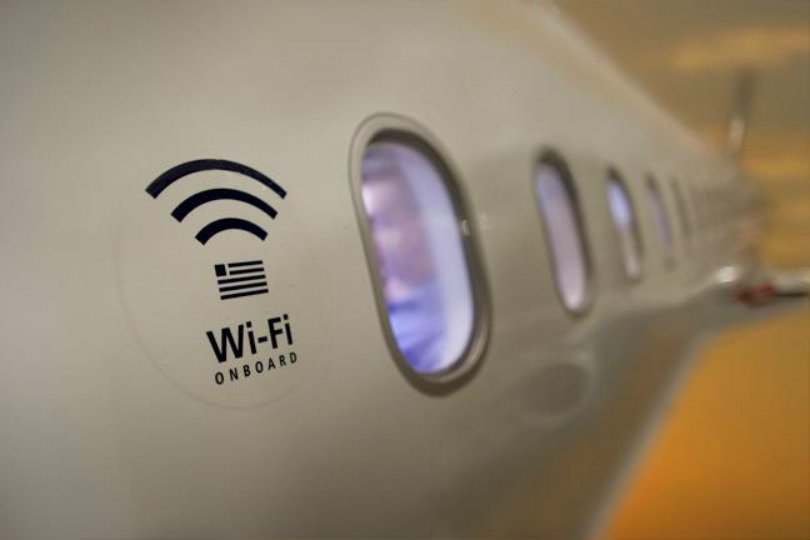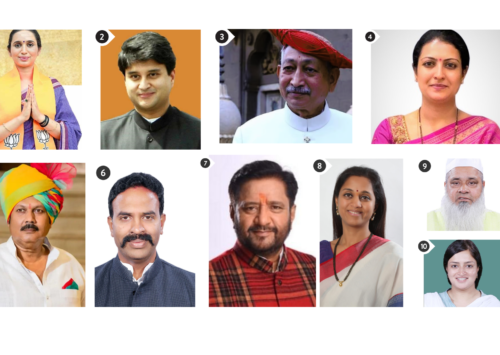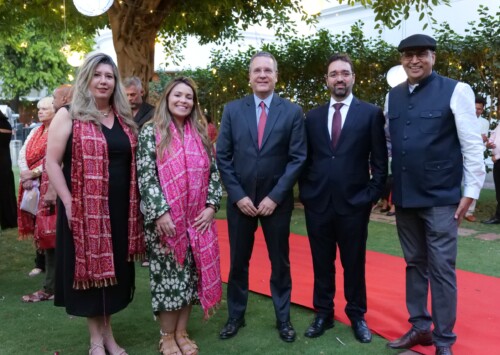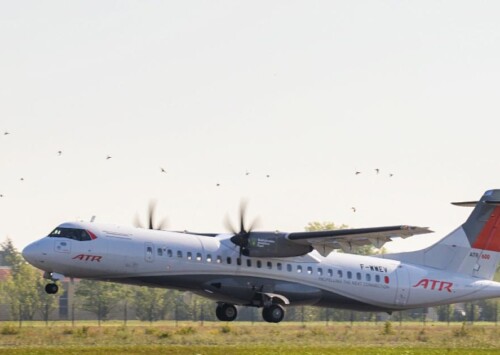Now stay connected in the aeroplane mode
The Telecom Regulatory Authority of India (TRAI) issued its recommendations on ‘In-Flight Connectivity’ on January 18, 2018.
The decision paves the way for airlines to offer these services once they meet certain security norms. While the internet can be provided from the moment a plane taxies and personal electronic devices (PEDs) put on “flight mode”, mobile phone services will be allowed when aircraft are flying above an altitude of 3,000 metres. The operation of MCA (mobile communication on aircraft) services has a minimum height restriction of 3,000 metres in Indian airspace to ensure its “compatibility with terrestrial mobile networks”.
“We have allowed both mobile communication on aircraft (MCA) and onboard internet as IFC in Indian airspace. Now it is up to airlines which one of these to offer,” a TRAI official told a national daily.
The Department of Telecommunications (DoT) through its letter dated August 10, 2017, had communicated that there is a proposal to introduce In-Flight Connectivity (IFC) for voice, data and video services over Indian airspace for domestic, international and overflying flights in Indian Air Space. DoT had also requested TRAI to furnish its recommendations on licensing terms and conditions for the provision of IFC for voice, data and video services and associated issues such as entry fee, license fee, spectrum-related issues including usage charges and method of allocation and other conditions.
Presently, several airlines globally offer onboard WiFi services, although passengers are barred from engaging in calls which may disrupt the peace of fellow passengers.
The regulatory board has put forward certain recommendations that need to be followed before enjoying IFC. The major highlights include ensuring that the operation of MCA services should be permitted with a minimum height restriction of 3,000 metres in Indian airspace for its compatibility with terrestrial mobile networks. It also includes making sure that Internet Services through Wi-Fi onboard should be made available when electronic devices are permitted to use only in-flight / aeroplane mode.
The recommendation also states that a separate category of “IFC Service Provider” should be created to permit IFC services in Indian airspace. The IFC service provider should be required to get itself registered with the DoT and it need not necessarily be an Indian entity. The IFC service provider will be permitted to provide IFC services, only after entering into an arrangement with Unified Licensee having appropriate authorisation.
TRAI asserted that the regulatory requirements should be same for both the Indian registered and foreign registered airlines for offering IFC services. It also suggested setting up a gateway in India to provide an effective mechanism to lawfully intercept and monitor the in-cabin internet traffic while the aircraft is in Indian airspace. All traffic onboard should be routed through the satellite gateway, irrespective of the ownership of the satellite.
Stating that 83 pc of the passengers would prefer airlines that provided internet connections, TRAI said that air passengers expect the same kind of connectivity on board as they do at home or office. Also, there was an increasing interest in the use of mobile phones on aircraft, it said adding that already over 30 airlines, and 40 jurisdictions, allow such usage on board.










